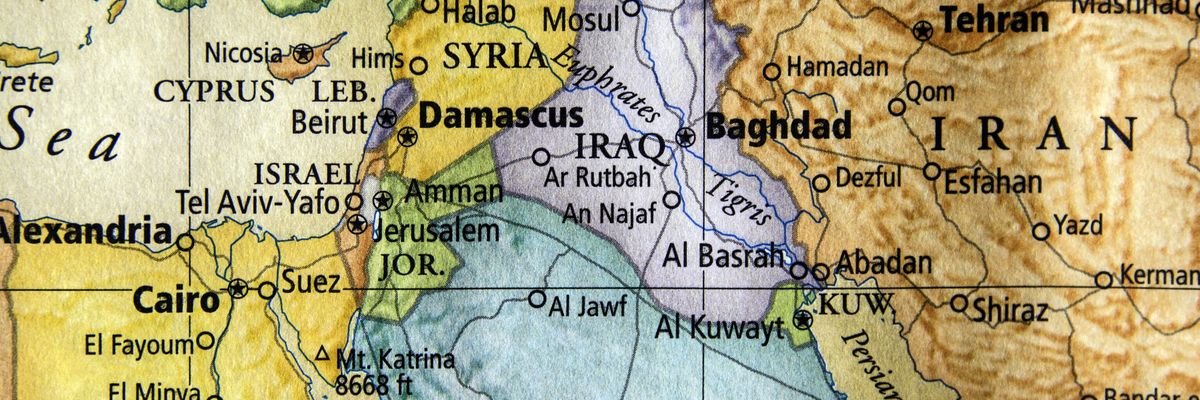UPDATE 7/31 6:50 AM: The U.S. conducted an airstrike south of Baghdad late Tuesday. U.S. officials told ABC news that it was a defensive strike to thwart an attempted militant attack on a U.S. base in Babil Province.
"U.S. forces in Iraq conducted a defensive airstrike in the Musayib in Babil Province, targeting combatants attempting to launch one-way attack uncrewed aerial systems (OWAUAS)," an official told reporters.
"Based on recent attacks in Iraq and Syria, U.S. Central Command assessed that the OWAUAS posed a threat to U.S. and Coalition Forces," the official said.
After six months of calm, Iran-aligned militias are again targeting U.S. troops in Iraq and Syria.
Following the Gaza war’s eruption, these militias sharply increased their attacks, resulting in the deaths of three U.S. soldiers on January 28 by a Kataib Hezbollah drone at Tower 22 in Jordan, near the Syrian border. In response, the Biden administration launched strikes against the militias, killing a senior Kataib Hezbollah commander on February 7, but avoiding commanders of Iran's Islamic Revolutionary Guard, or IRGC. This led to a temporary lull in violence, but attacks have recently resumed.
Last Thursday and Friday, rockets were launched by Iran-aligned militias at bases hosting U.S. troops in Iraq and Syria, including Ain al-Assad base in Iraq and a coalition base in Syria. On July 16th, two drones also attacked al-Assad base, marking the first reported attack since February. No injuries were reported, and the attacks received little media attention.
As the U.S. and Iraq negotiate a drawdown of U.S. troops, which would leave only technical advisors, the militias may be trying to speed up implementation of this decision or show strength. These Iran-aligned militias are also part of the so-called Axis of Resistance which includes Lebanese Hezbollah. Any eruption in the conflict between Israel and Hezbollah is likely to spur an uptick in activity by the Iraqi militias, particularly against U.S. troops and Israeli targets like the port of Eilat.
The bottom line is that it should not be assumed that these attacks will remain non-lethal. These militias operate outside Iraqi government control and see targeting U.S. troops as part of their raison d'etre. As long as U.S. troops are present, attacks are likely to continue and shows of force to “restore deterrence” will delay — not end — attacks going forward.- US troops in Iraq and Syria aren't 'keeping the peace' ›
- Bring US troops home from Iraq and Syria now ›
- US personnel wounded in 'dangerous escalation' at Iraq base | Responsible Statecraft ›
















